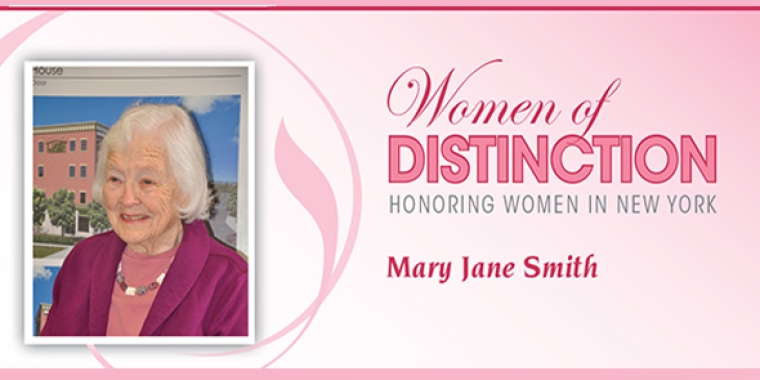
With Flu Season Fast Approaching, Don't Forget A Dose Of Prevention

As fall begins its slow cascade of colors, we’re reminded that winter’s miseries can’t be far behind. High up on the list of the season’s maladies is influenza, which causes approximately 36,000 deaths nationwide each year.
The "flu" is a respiratory illness that spreads mainly from person to person through coughing and sneezing. But did you know that individuals can pass the virus to others even before the telltale signs of fever, runny nose, headache and cough appear? It’s just one more reason to take decisive action against a highly contagious, sometimes deadly disease.
Here in New York, we’ve learned in recent years there is always some uncertainty regarding the supply of flu vaccine. This year, though, vaccine manufacturers anticipate ample supply will be available, with more than 100 million doses earmarked for the United States. Unlike previous flu seasons, there should be no need to limit flu vaccination to people in certain high-risk groups.
That’s great news for anyone who wants to reduce his or her chances of getting sick, but especially important for those at greatest risk of developing serious flu-related complications. In an average year, between 5 and 20 percent of Americans come down with influenza and more than 200,000 people are hospitalized. Many of those hospitalized would have benefited from the protection a flu vaccination provides.
So who should be vaccinated during this flu season? According to the Center for Disease Control and Prevention, flu shots are for almost anyone who wants to reduce the chance of getting the flu, but it’s especially important for people who have a high risk of risk of developing serious flu complications, or those who live with or care for those at high risk, including:
• Children aged 6 months to five years
• Pregnant women
• People aged 50 years and older
• People with certain medical conditions, such as diabetes, asthma, and cardiovascular disease
• Residents of nursing homes and long-term care facilities
• Household contacts of high-risk individuals
• Heath care workers
Additionally, vaccination with the nasal spray flu vaccine is an option for healthy persons aged 5 to 49 years (who are not pregnant).
While widespread outbreaks of the flu usually don’t appear until December, and typically peak by March, public health officials suggest October and November are the best months to receive the vaccine, which offers up to 6 months of protection. However, you can get vaccinated at any time throughout the season. Even some protection is better than no protection.
Some worry that they’ll catch the flu from a flu shot. This isn’t possible, though, since the vaccine does not contain live virus. Very few people have any reaction to the shot at all. Those who do may experience temporary redness or swelling at the injection site, aches, or a low-grade fever. Serious problems from flu shots are extremely rare.
Medicare Part B pays for flu vaccinations but, if you are not covered, there are plenty of places that offer them at little or no cost. Flu shots are available at many health care settings, pharmacies, supermarkets, senior centers, and community-based groups. I urge anyone who needs help in obtaining a flu shot to call the Albany County Department of Health at 447-4580, the CDC hotline at 1-800-232-2522, or call my office at 455-2225.
Please take the time to get a flu shot now, before the season of sniffles, sore throats, and coughs is upon us. Influenza vaccination is an easy way to protect yourself and your loved ones from encountering a nasty bout of the flu this season. For most people, the benefits far outweigh the risks. If you have any questions, check with your doctor.
And don’t forget the basics of flu season etiquette: wash your hands frequently, cover your mouth and nose when coughing or sneezing, and if you get sick, stay home.

